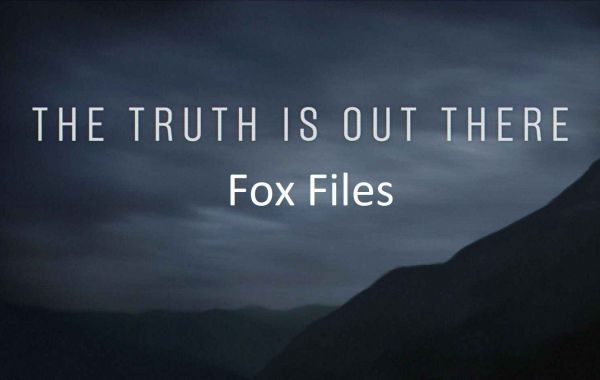| The New York Times, the ‘paper of record,’ recently wrote a piece called, “Venezuela, Once an Oil Giant, Reaches the End of an Era.” The article, though 1,800+ words long, mentions only in passing the country’s “gross mismanagement” of the economy, instead placing much of the focus on the impact of U.S. sanctions. Though indeed the U.S. sanctions were undoubtedly devastating, the Venezuelan government, which has micro-managed its economy into oblivion, hasn’t done its country many favors. Widespread political corruption, seizure of businesses, and driving out anything with a whiff of private enterprise certainly played no small part in turning the once-wealthy nation into South America’s “Hey, at least we’re not [fill in the blank].” Hyperinflation, price controls, and barely symbolic minimum wage raises: “It’s a repeat of the never-ending cycle that we’ve been entrapped for so many years now,” says Venezuelan Christian K. Caruzo, “except now it comes with a twist: The ongoing coronavirus pandemic that has disrupted everyone’s lives and has greatly exacerbated those three heads of the socialist hydra. “The added novelty,” Caruzo adds, “if it can be called that, is that the mandatory masks visually cover your astonishment (or lack thereof) when something you bought last week is suddenly twice as expensive.” But, as it's said… If you can’t convince someone of their mistakes, make very similar mistakes, but double down X1,000 and really show ‘em how it’s done. (Or something like that.) The Slow Venezuelization of America “Yesterday,” our macro maven Graham Summers pointed out, “the U.S. PPI and Core PPI (two key metrics of inflation) recorded a 0.4% increase in inflation for the month of September. This sounds like a very small move until you consider that it was largely due to just one component (food inflation) surging 1.2% over the same time period.” Even 1.2%, to the untrained eye, doesn’t sound like a big deal in the grand scheme, especially given what’s happening elsewhere in the world. (Unless, of course, you’re already finding it difficult to put food on the table… which is, of course, tragically, true for millions of Americans.) Whatever the case, this trend, Graham says, should be on everyone’s radar. “Because,” he writes, “according to the Fed’s own research, food inflation is the single best predictor of future inflation in the U.S. And a 1.2% increase in a single month for food prices across the board (not just one area like meat or dairy) is a BIG deal.” Point blank: “higher inflation is seeping into the financial system.” Despite what it looks like on the surface, the markets aren’t completely asleep at the wheel. “Which is why,” Graham points out, “gold has erupted higher against every major currency (the $USD, the Euro, the Swiss Franc, and the Japanese Yen).” And why wouldn’t it? After all, central banks and policy makers have gone NUCLEAR in their money printing in the last six months. One strangely-worded CNBC headline from August says it all: The ballooning money supply may be the key to unlocking inflation in the U.S. |
| The Least Important Election… Ever? Along this vein, John Rubino of the Dollar Collapse blog recently penned a piece on why he believes the upcoming election is the least important election of our lifetimes. Of course, 99.99% of those who read it will vehemently disagree -- so much so, it could even spark another one of those screamy TikTok videos -- but Rubino’s point was this: No matter who gets into office, we’ll be faced with financial turmoil on a level beyond what can reasonably be controlled, let alone turned on its heels in four years. “The pandemic,” he wrote, “turbocharged a process of hyper-financialization that was already underway, and now whoever is in charge next will have no choice but to keep bailing out everything in sight with tens of trillions of newly created dollars. “This,” Rubino suspects, “will shift the pressure from bankrupt states and insolvent companies to the currency. Prices will start to rise as the dollar falls. And the fears of today’s voters will seem in retrospect like quaint fantasies from a simpler and embarrassingly naïve time.” And that’s when the true “Venezuelization” of America could occur. Right, wrong or indifferent… You might find the conclusion of Rubino’s piece a tad more agreeable than the premise: |








